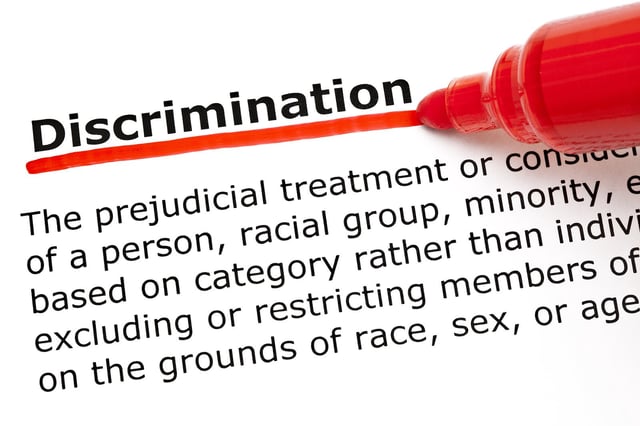Overview
- The memo outlines five categories of suspect practices—preferential treatment, proxy discrimination, segregation, discriminatory selection and hostile trainings—that now face heightened scrutiny
- Non-binding best practices recommend merit-based selection, transparent documentation, open access for all qualified individuals and elimination of diversity quotas
- The guidance applies not only to federal grant recipients but also to state and local governments and private employers seeking to avoid potential legal challenges
- DOJ enforcement under its Civil Rights Fraud Initiative may invoke tools like the False Claims Act to pursue entities that knowingly violate the new roadmap
- Organizations are rigorously reexamining facially-neutral criteria to identify and remove proxy measures for protected characteristics
